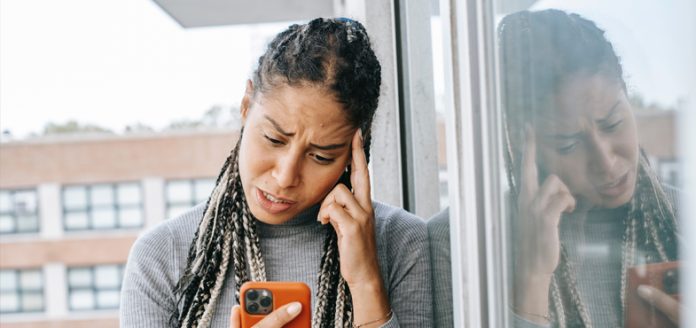Do you know the impact of social media on mental health and well-being? Social media has become an integral part of our lives, transforming the way we connect, share, and consume information.
While it offers numerous benefits and opportunities for communication and self-expression, there is a growing concern about its impact on mental health and well-being.
Impact of Social Media on Mental Health
Let’s delve into the impact of social media on mental health, explore potential challenges, and discuss strategies for maintaining a healthy relationship with social media.
Comparison and Self-esteem
One of the significant impacts of social media on mental health is the tendency to compare ourselves with others. As we scroll through carefully curated highlight reels of others’ lives, it’s easy to fall into the trap of comparison, leading to feelings of inadequacy and low self-esteem.
Recognizing that social media often portrays an idealized version of reality can help mitigate these negative effects.
Fear of Missing Out (FOMO)
Social media platforms bombard us with updates and glimpses into the lives of others, fostering a fear of missing out (FOMO).
This constant stream of information and experiences can generate anxiety and a sense of being left out. Practicing mindful engagement with social media, setting boundaries, and focusing on our own priorities can help alleviate FOMO-related stress.
Cyberbullying and Online Harassment
The anonymity and distance provided by social media platforms can facilitate cyberbullying and online harassment, leading to adverse mental health outcomes. It is crucial to foster a safe and inclusive online environment by reporting and blocking abusive behavior and promoting respectful and supportive interactions.
Impact on Sleep Patterns
Excessive social media use, particularly before bedtime, can disrupt sleep patterns and quality. The blue light emitted by screens interferes with the production of melatonin, the hormone responsible for regulating sleep. Establishing screen-free zones or setting specific times for social media engagement before bed can promote better sleep hygiene.
Information Overload and Cognitive Overwhelm
The constant influx of information on social media can lead to cognitive overload and overwhelm. It becomes challenging to filter through the vast amounts of content, leading to mental exhaustion and reduced focus.
Practicing digital detoxes, limiting social media consumption, and curating a feed that aligns with your interests and values can help manage information overload.
Social Comparison and Body Image Concerns
Social media often perpetuates unrealistic beauty standards and promotes an obsession with physical appearance. Continuous exposure to idealized images can contribute to body dissatisfaction, negative body image, and disordered eating behaviors.
Developing a positive relationship with one’s body, following body-positive accounts, and engaging in offline activities that boost self-esteem can counteract these negative effects.
Social Isolation and Loneliness
Ironically, despite its promise of connection, social media can sometimes exacerbate feelings of social isolation and loneliness.
Spending excessive time scrolling through feeds can replace real-life interactions, leading to a sense of detachment and disconnection. Balancing online and offline social interactions, engaging in meaningful face-to-face connections, and participating in activities that foster community can combat social isolation.
Filter Bubbles and Echo Chambers
Social media algorithms often personalize our content, showing us information that aligns with our existing beliefs and preferences. While this can create a sense of comfort, it can also lead to echo chambers and filter bubbles, limiting exposure to diverse perspectives and reinforcing biases.
Actively seeking out alternative viewpoints and engaging in respectful discussions can help broaden our understanding and avoid the pitfalls of echo chambers.

